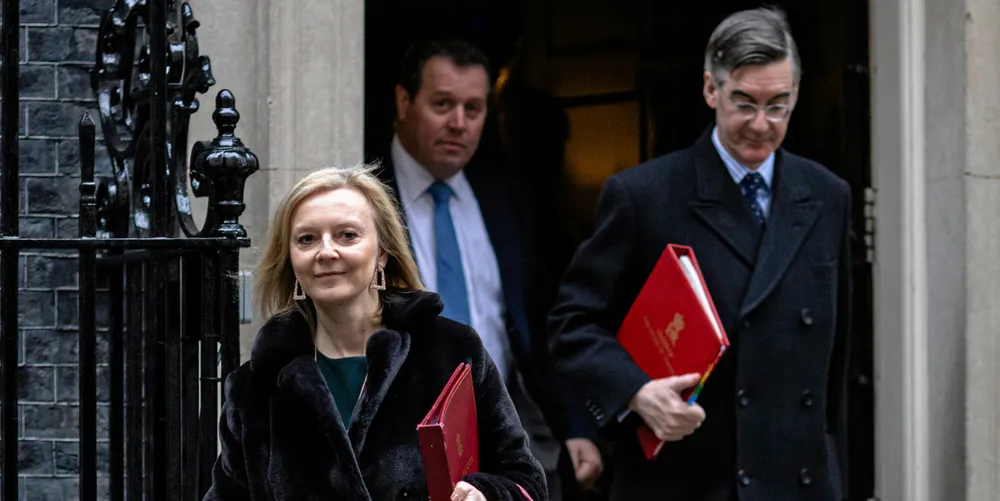'Concerning' | UK renewables brace for Truss as new leader talks black over green
Britain's clean energy sector hopes 'pragmatic' policies will displace hardline rhetoric after leadership campaign

Britain's clean energy sector hopes 'pragmatic' policies will displace hardline rhetoric after leadership campaign
